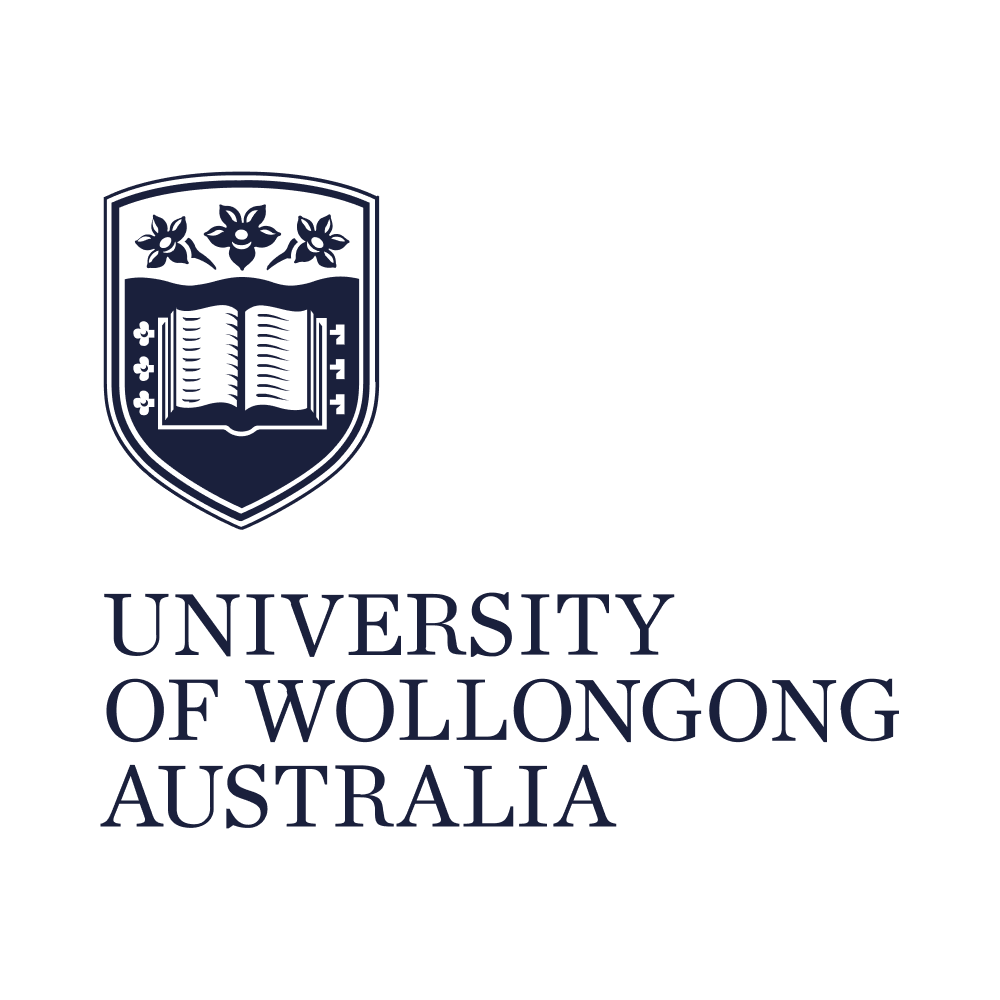University of Wollongong
Master of Supply Chain Management
- Delivery: Face to Face
- Study Level: Postgraduate
- Duration: 18 months
- Course Type: Master's
Learn how to implement a variety of strategies relevant to contemporary supply chains within organisations.

Course overview
The Master of Supply Chain Management is aimed at those seeking to develop or expand their skills in supply chain management and key business functions of procurement and logistics.
This course is designed to provide professionals working in logistics and operations management, particularly in the manufacturing, transport, retail and service industries, with the skills to manage the flow of materials and information within and between organisations and their business environment.
Key facts
Wollongong
24th August, 2026
What you will study
The Master of Supply Chain Management requires the successful completion of 72 credit points of subjects. The foundation subjects should be completed within the first two sessions of study. The capstone subject, Business Research Project, should be completed in the final session of study.
Each subject is worth six credit points.
Students are to complete the following subjects:
- Accounting and Financial Management
- Principles of Marketing Management
- Organisational Behaviour and Management
- Operations Management
- Contemporary Issues in Supply Chain Management
- Business Research Capstone
Entry requirements
Academic requirements
To be considered for this course, students must have one of the following:
- A recognised bachelor's degree in a specialisation related to business, engineering, maths or IT with an equivalent average mark of 50 per cent.
- A Graduate Certificate in Business.
Other tertiary qualifications along with extensive professional work experience will be considered.
English language requirements
For international students, the following level of English is required to gain admission to this program:
- IELTS Academic: Overall score of 6.5, with reading 6.0, writing 6.0, listening 6.0 and speaking 6.0.
- TOEFL (Internet-based): Overall score of 86, with reading 18, writing 18, listening 17 and speaking 17.
- UOW College's English for Tertiary Studies: Credit (weighted average mark of 65 overall and minimum 50 in Academic Reading and Writing)
Other qualifications may also be considered. Contact the university for more information.
Recognition of Prior Learning
Students who have an offer for the Master of Supply Chain Management and hold a bachelor's degree in a logistics, supply chain management or a related area may be granted credit for up to 24 CP (four core subjects), reducing the duration to a one-year full-time study.
Graduates of the Master of Supply Chain Management can progress to another select master’s program and receive credit up to 36 CP into their new master’s degree - so they can complete two master’s programs in two years.
Graduates looking to progress to the Master of Business Administration will receive credit up to 18 CP into the MBA program if they meet the appropriate work experience entry requirements.
Outcomes
Learning outcomes
- Evaluate and reflect on theories and practices in the field of supply chain management.
- Apply innovative solutions to organisational problems in local and global contexts.
- Effectively communicate in both written and oral formats to a variety of stakeholders.
- Conduct an industry-relevant research project using appropriate technology.
- Critically analyse contemporary supply chain issues within the context of social responsibility.
Fees and FEE-HELP
Tuition fees in 2026: (domestic full-fee paying place)
- Session fee: $12,564
- Total course tuition fee: $50,258
Session fees are for one session per year, as shown. The total course tuition fees shown are indicative and based on the normal course length and progression.
UOW Subsidised Fees (USF)
Total indicative course tuition fee in 2026: $32,165
To make postgraduate study more affordable, where a Commonwealth-supported place is not available, UOW is offering eligible domestic students who start their studies in 2026 a subsidised fee reduction designed to support them in upskilling and progressing their careers.
A student’s annual fee may vary in accordance with:
- The number of subjects studied per term.
- The choice of major or specialisation.
- Choice of subjects.
- Credit from previous study or work experience.
- Eligibility for government-funded loans.
You may also need to pay the student services and amenities fee.
Student fees shown are subject to change. Contact the university directly to confirm.
FEE-HELP loans are available to assist eligible full-fee paying domestic students with the cost of a university course.

















